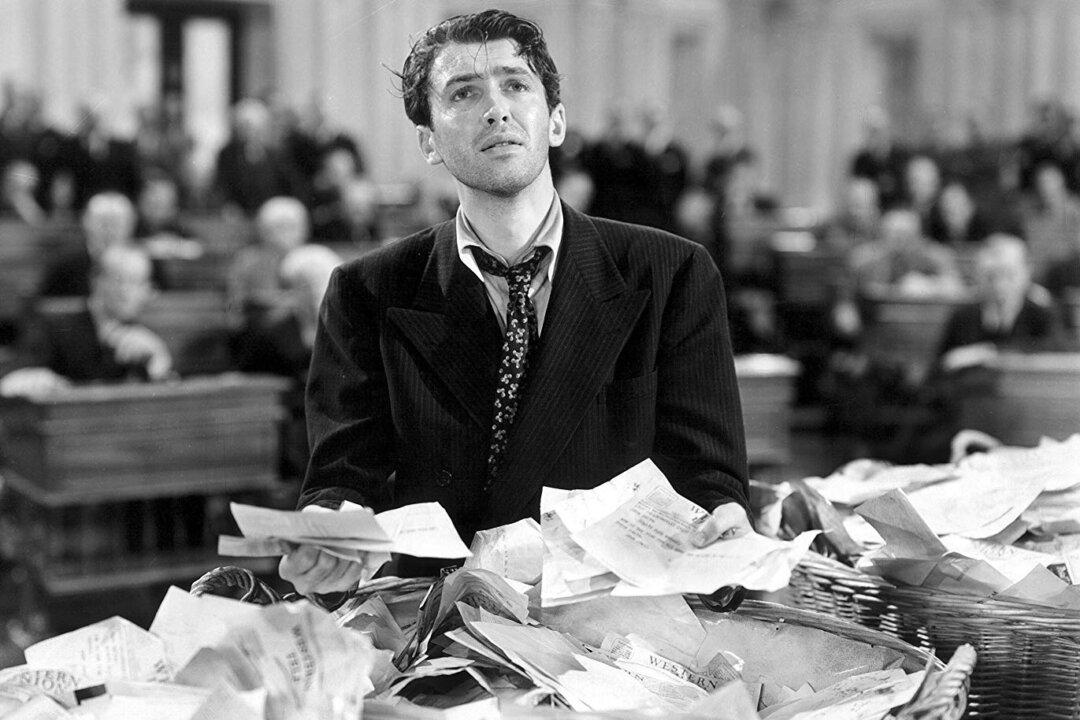Commentary
February is the shortest month of the year, but it seems to have the most holidays. The number was trimmed down slightly when Lincoln’s birthday and Washington’s birthday were traded out for the combined Presidents Day, which always lands on a Monday to make a long weekend. While the extra day off may be a relief to some workers and students, it has resulted in less acknowledgement of two of the finest presidents our nation has ever known, George Washington and Abraham Lincoln. Looking back at classic films, it’s obvious that Abraham Lincoln was the most beloved past president during the early 20th century.





